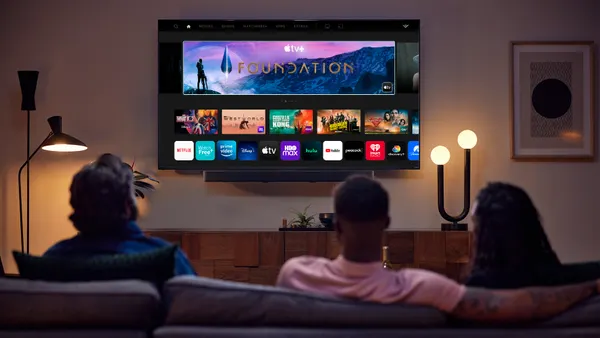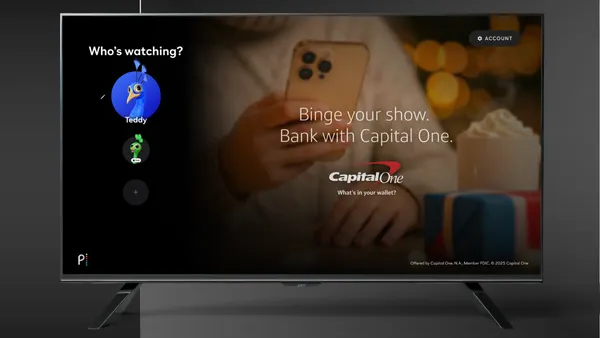Dive Brief:
- In a post on Friday, Facebook announced that it is adding new tools and features to its Messenger Platform, an application where advertisers can build chatbots to use on Facebook Messenger.
- The new features include ratings and analytics for bot developers, "quick replies" that help consumers answer from a select list of available responses, a "persistent menu" that enables consumers to take action (such as buying a product), account linking for marketers, more content types (such as GIFs, audio and video), and more user controls (such as muting a bot).
- Facebook also announced the launch of a new blog for brands and chatbot developers to get tips on what works best from Facebook's product and engineering teams.
Dive Insight:
Facebook is doubling down on its bet on chatbots, adding new features to help brands and developers make better use of chatbots.
Facebook first unveiled chatbots at its F8 Developer conference in April, exciting the business world about the possible applications for marketing and customer service. Facebook said 11,000 bots have launched since the Messenger Platform was released only two-and-a-half months ago, while over 23,000 developers have signed up for Wit.ai's Bot Engine.
Others are betting on chatbots, too. Microsoft announced plans to build a framework for developers looking to create chatbots, and messaging app Kik launched a chatbot store that will allow users to download app-like bots that directly connect them to brands.
The emergence of chatbot applications has come as messaging apps have grown in stature and importance, especially in international markets. According to research from App Annie, messaging apps are the most used type of app in the U.K., Germany, Japan, and South Korea. In China, 91% of internet users use messaging apps. Only the U.S. varies from this norm, according to the report, with social apps taking the top spot. However, eMarketer predicts that 49% of U.S. mobile phone users will use mobile messaging apps by the end of 2016.
The new chatbot feature and Facebook's focus on Messenger aims to reduce the overall need for brands to create their own individualized apps to connect with consumers, relying instead on branded chatbots in Facebook's walled garden. Facebook is looking to seize on the growing trend of consumers only using a few of the many apps they have installed on smartphones.













